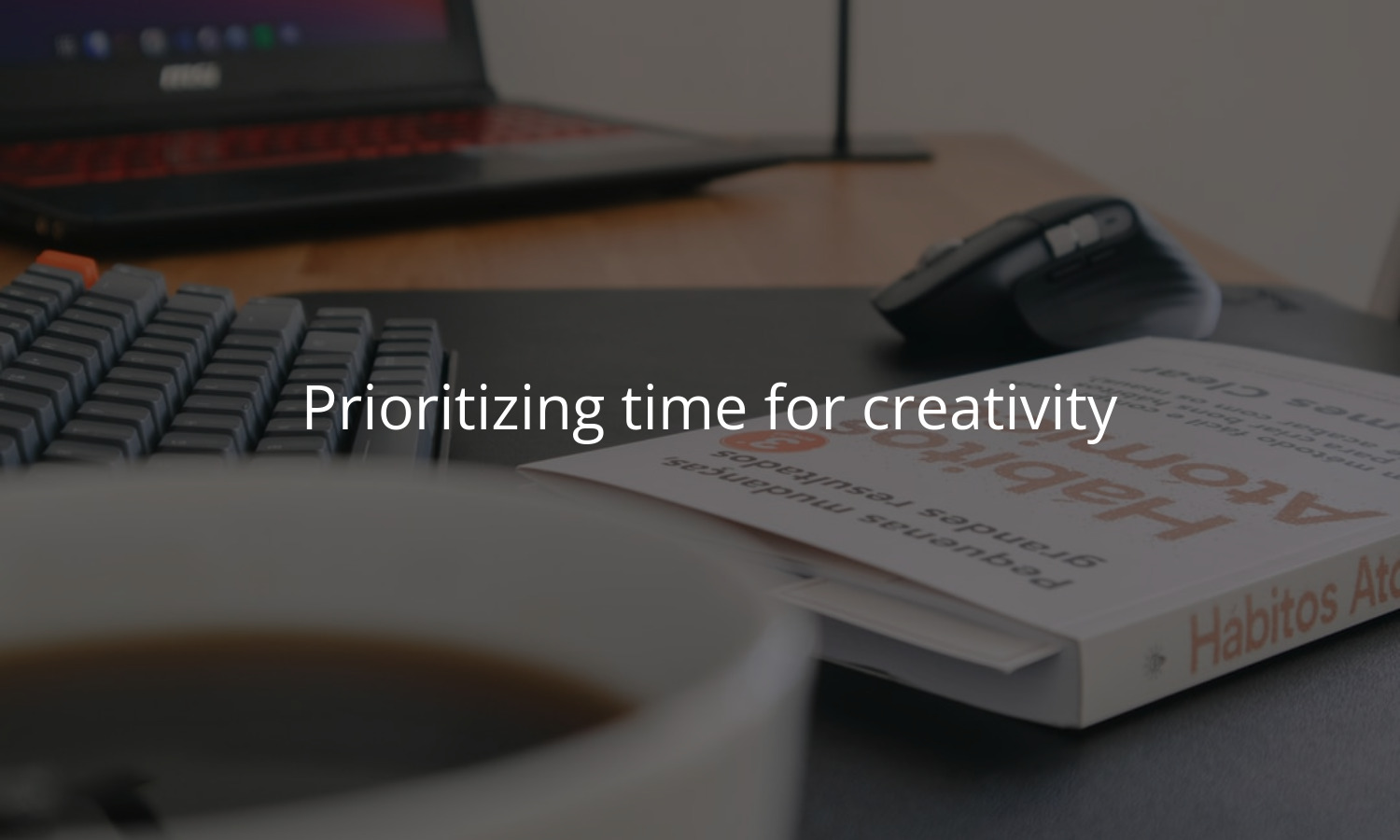I want to write more. I just don’t have the time.
It’s obvious that we each have a limited number of hours each day in which we can be productive. What’s not obvious is how much of that time we can actually use to its fullest potential.
Several years ago, someone told me “if you’re single, you’re never ‘too busy.'” I didn’t fully understand what they meant at the time, but as I was single, I took offense. How dare they tell me how busy I really am?
But as I’ve grown older, I better understand the sentiment. When I was single, all of my time was my own. I had no commitments to a partner and no children to care for. If I wanted to do something – I did it. When I told someone I was “too busy” to do something – help them move, see a movie, watch their dog – what I was really saying was “what I have planned is more important to me than what you’re asking me do to.”
It sounds cold, but there’s nothing inherently wrong with this sentiment. Your time is your own to do with as you choose. Unless you’ve made a direct commitment to someone to give them your time, you owe them nothing.
What does this have to do with creativity?
I write every day. Less than half of what I write ever makes it into the world. Emails, tweets, the occasional blog post – they’re seen by other people. But most of what I write is for me alone.
Writing constantly helps me practice. It helps me refine the tone with which I communicate. It helps get me thinking. When I write, I choose my audience and I commit wholly to conveying something just for them.
When that audience is myself, this is no different. I work to produce my best work and focus wholly on the task before me. Even if, after I’m done, I file what I’ve written away with no intention to share it. It’s the practice of writing that’s important. It builds a habit and helps make the next piece I write flow more smoothly.
But a habit requires time to form. If you don’t practice a habit regularly, it will fade from disuse. Writing daily is something I intentionally prioritize because the art of writing is important to me.
I just don’t have the time.
We’re all given the same 24 hours in every day. What’s different is how we use it.
If you want to write more, set aside a specific time each day to do so. Just 30 minutes will get you started. Perhaps before your morning coffee, or after the kids go to bed, or instead of hitting “play next” on Netflix.
If you want to be a better writer. If you want to embrace and better strengthen your creative muscles. You absolutely must prioritize the time to do so.
